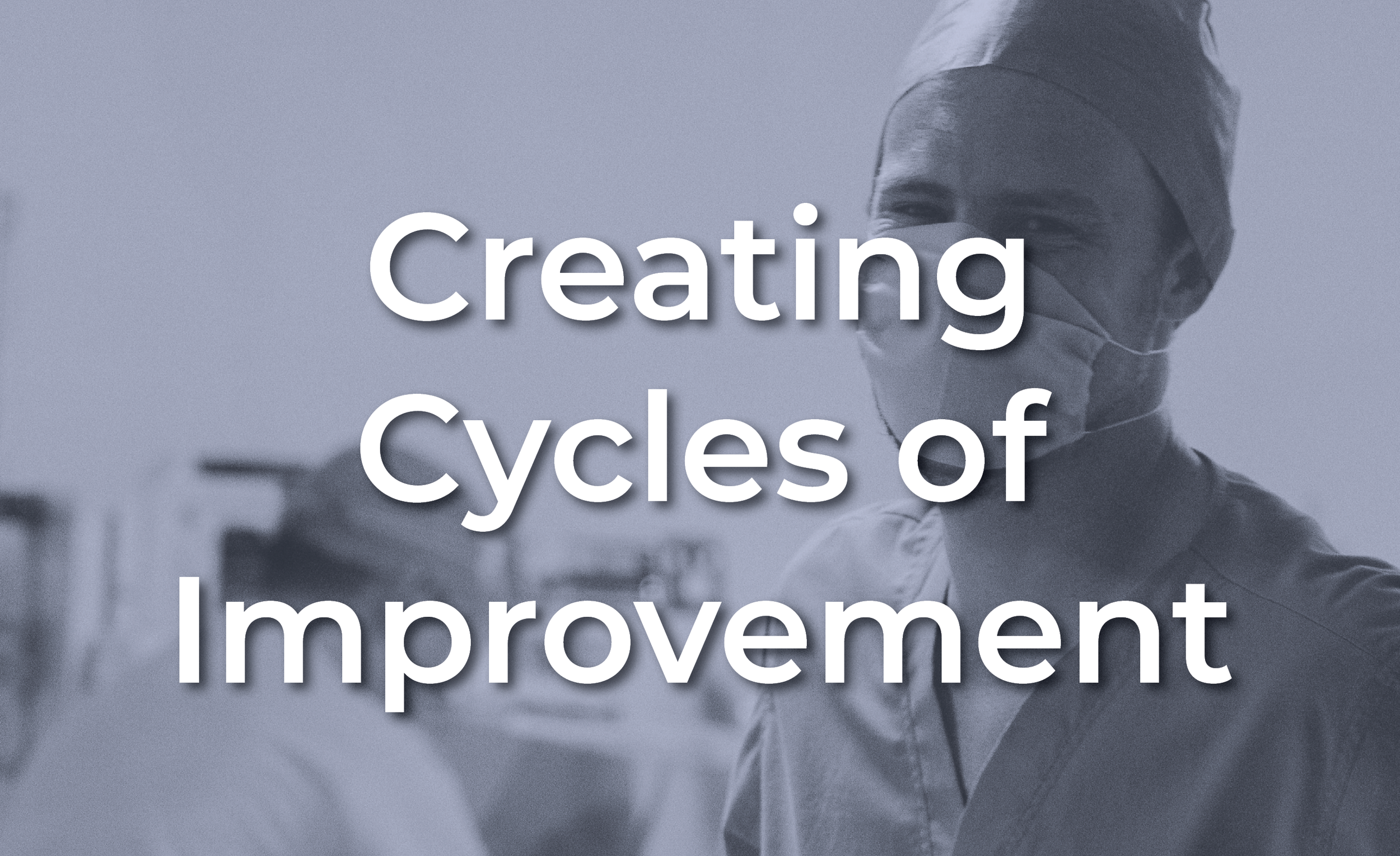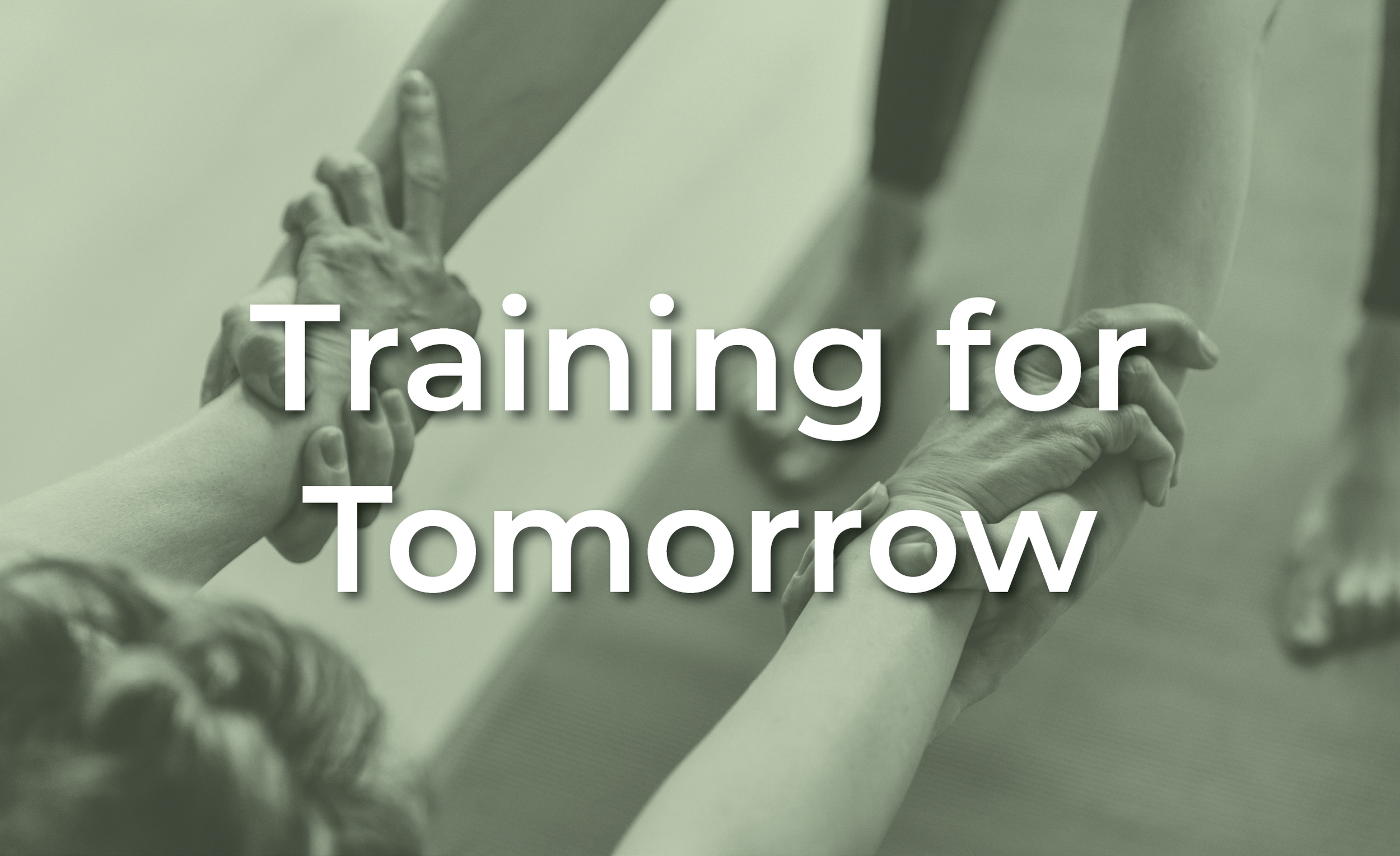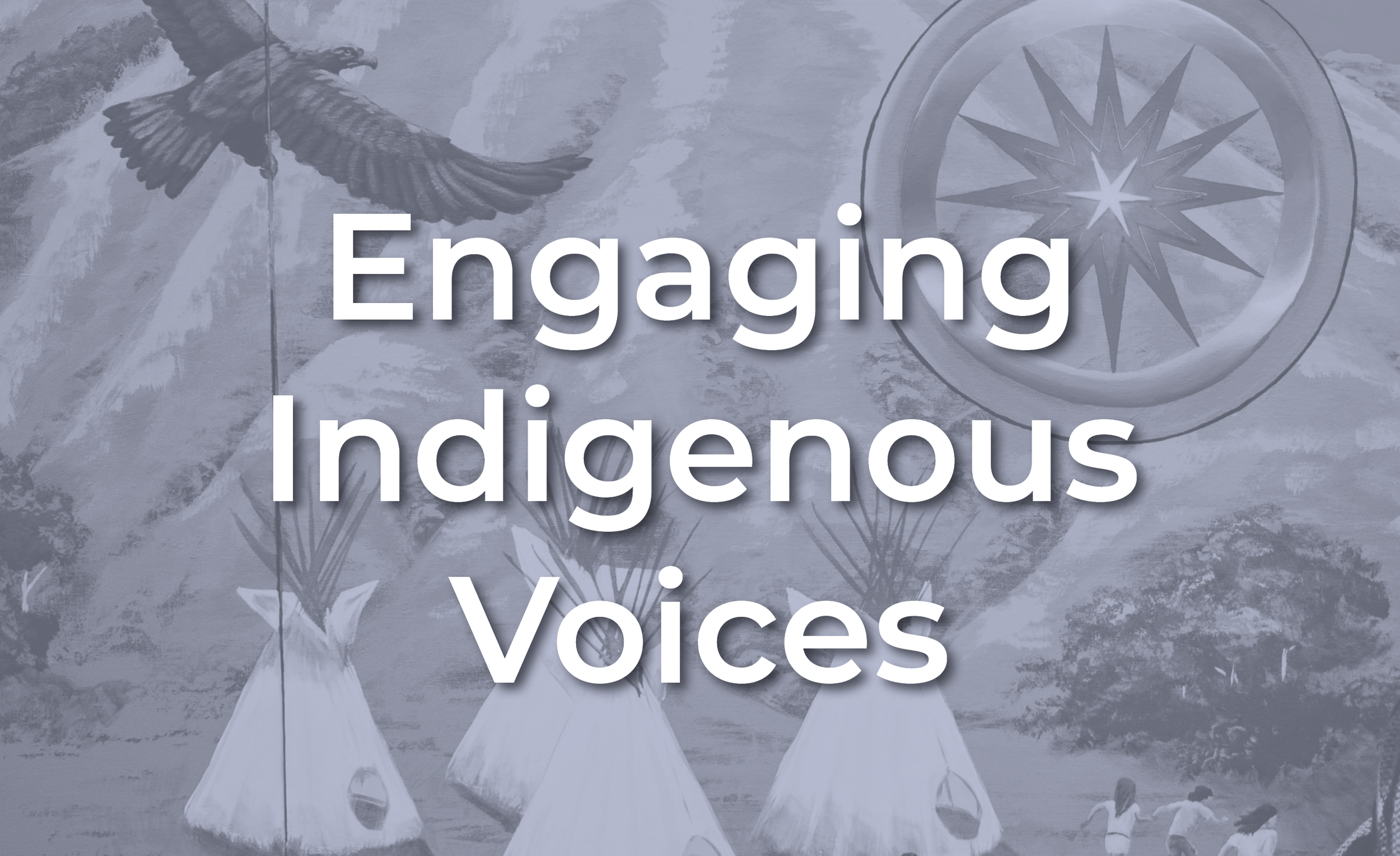TRANS Health
Little research data exists about trans people in Saskatchewan. Principal Investigator Dr. Stephanie Madill and Dr. Megan Clark were asked by a community organization supporting people with lived experience to address this issue. They established a multi-disciplinary team of 28-30 members, among them researchers, data analysts, social workers, a physiotherapist and family practitioners, many of whom also have lived experience. People with lived experience identified the priority - wanting better access to safe care from healthcare providers who have interest in and knowledge about trans health issues, and the research objectives - determining health care access for people who are trans and gender diverse in Saskatchewan and determining the impact of health navigators through a one-year pilot. People with lived experience have been meaningfully included in every stage of the project and have been equal decision makers throughout. They determined a need for immediate action rather than future results, leading to the implementation of navigators, one in Regina and one in Saskatoon, both of whom bring lived and professional healthcare experience to their roles. The project is funded by the Saskatchewan Health Research Foundation and SCPOR and collaborations exist with the community, clinicians, academics and policy makers.
Among the project highlights, after learning that changing legal names and gender markers was a major barrier to care, the navigators became notaries public and held several clinics to assist clients thereby improving their ability to access healthcare, seek employment, attend school and participate socially. The most notable outcome from the project is understanding the importance and need for navigators. SCPOR is proud of the immediate impact the navigators have had connecting 259 clients – including 248 repeat users - with safe and appropriate health care and providing education and other services to 70 healthcare providers, 36 of whom contacted the navigators more than once. These relationships will help incorporate new knowledge into the health system, improving accessibility, and address some of the challenges faced by the navigators, including the lack of physicians with the interest or knowledge needed to provide primary healthcare for people who are trans and gender diverse and the long wait times to see these physicians. SCPOR is excited about the potential for sustainability; due to its success (93% of survey respondents were satisfied or very satisfied with the navigator services provided), at the pilot’s end, a community organization sought bridge funding to extend the navigator role beyond the project.
Preliminary meetings with the Ministry of Health to seek long-term funding for navigators situated within the healthcare system have occurred. While the full impact is still under analysis, the team hypothesizes that emergency and urgent care visits will decline once patients have access to trans-friendly primary care providers. Impacts will be further assessed through the narrative analysis of the navigators’ journals, including deidentified client stories and post-service interviews with clients and support people.
BC BRRIC Training
As a result of the COVID-19 pandemic, Building Research Relationships with Indigenous Communities (BRRIC) training sessions pivoted to online delivery in 2020, leading to an increased interest from participants outside of Saskatchewan. In May 2021, the First Nations Health Authority (FNHA) in British Columbia (BC) reached out to SCPOR to discuss the possibility of BRRIC delivery to the organization. Because BRRIC is primarily aimed at audiences based in Saskatchewan in that it focuses on Saskatchewan-specific statistics and histories, it was decided that an adaptation to suit a BC audience was necessary.
Subsequently, SCPOR’s Indigenous Research Engagement and Expertise (IREE) platform reached out to the BC SUPPORT Unit for advice and a request for collaboration to adapt BRRIC content. A meeting was held between SCPOR, BC SUPPORT Unit and BC Network Environment for Indigenous Health Research (BC NEIHR) to discuss moving forward. It was decided that BC NEIHR would conduct a search for two indigenous PhD students to complete the adaptation of content to a BC context, which would be funded by the BC SUPPORT Unit.
In October 2021, the adaptation was completed. The IREE platform, along with staff and Knowledge Keepers from FNHA, reviewed the content to ensure it was culturally accurate and appropriate for a BC audience. In December 2021, BC BRRIC training was delivered in a half-day session. Attendees represented several organizations, with staff from BC SUPPORT Unit, BC NEIHR, FNHA and Research Ethics BC and representatives from Simon Fraser University, University of British Columbia, Vancouver Island University and the University of Northern BC. Feedback from the delivery was positive, with the majority of respondents reporting a great level of understanding of the content during evaluations, such as the impact of colonialism and residential schools on Indigenous peoples in Canada and health issues that affect Indigenous peoples and communities. Suggestions for future delivery included partnerships with BC SUPPORT Unit to ensure the workshops stays in active rotation for British Columbia and/or the creation of a memorandum of understanding between the partner organizations for the use of course material and content.











